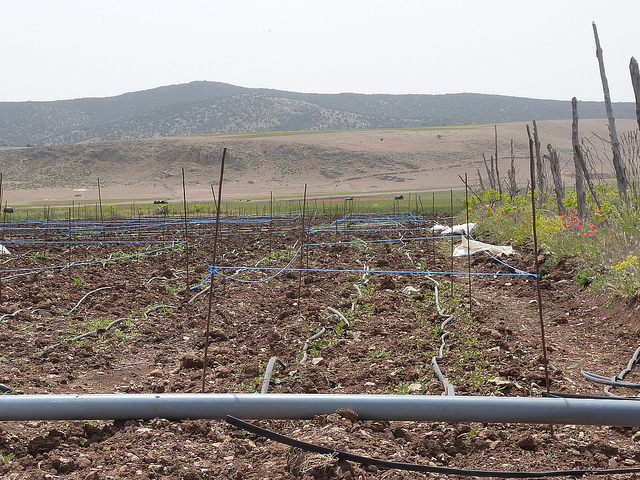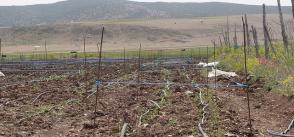
Enhancing food security key to Morocco’s prospects in agriculture
Morocco is working to bolster agricultural sustainability by investing in irrigation and diversifying its crop base, following decreased cereal harvests in the 2015/16 season.
Water management
In January King Mohammed VI launched a drip irrigation system across 500 ha of land in the town of Saâda in the Marrakech Prefecture, as well as a 100,000-cu-metre irrigation basin in the town of Tameslouht in the Al Haouz Province.
Both projects form a vital part of a conversion programme currently being undertaken to establish drip irrigation across 4000 ha of agricultural land in the basin of the N’Fiss wadi – a river valley located in the Marrakech-Safi region. Costing Dh278m (€26m), 2300 farmers are expected to benefit from the project, which also aims to increase water savings by 30% per year, boost the average value of farmland from Dh16,000 (€1500) per ha to Dh40,000 (€3750) and create 480 jobs.
The initiative falls under Morocco’s 10-year development plan to tackle water stress: the National Water Saving Plan for Irrigation (Programme National d’Economie et de Valorisation de l’Eau en Irrigation, PNEEI). The PNEEI seeks to equip 550,000 ha with drip irrigation systems by 2020 and save up to 1.4bn cu metres of water annually.
Read the full article via Oxford Business Group.
[Photo by SuSanA Secretariat | Flickr]







